For many of us, life is a process of minimizing uncertainty. We spend our days trying to eliminate uncertainty from our lives. Find the right career path, the right partner, buy a house, or at least find a sense of long-term settledness. Raise a family and put our kids on track to get into the right college, so they can start the process over again finding the right career, the right partner, and so on. The implicit idea in this is that there’s a point in life where we reach quiescence, where all the big problems are figured out. But here’s the thing. Life doesn’t work like that.
Life is not a problem to solve. It cannot be terminally fixed. Something can always go wrong. There’s always the next thing. And so if you’re living your life, even tacitly, under the assumption that it’s possible to reach this point, you are operating according to the wrong model of the world.
These are themes that I’ve long been grappling with in my own life, and they’re resonant in the work of my guest today, the author and philosopher John Kaag. Kaag is a professor of philosophy at U Mass Lowell, but he has that rare quality of someone who makes his living as academic philosopher: he lives his life as a classical philosopher. To him, ideas aren’t just for arguing about it. If you’re getting them right, they should tell you something—hopefully something important—about living.
He’s a student of the work of William James, Friedrich Nietzsche, and Henry David Thoreau. His books include American Philosophy: a love story, Hiking with Nietzsche, and Sick Souls, Healthy Minds: How William James can save your life. A theme that runs through the work of these thinkers, and by extension John’s own, is how uncertainty is crucial to meaning-making. In a way, once something has become certain in our own life, it gets taken for granted. I think if we’re being honest with ourselves, we can readily identify this effect: whether in a complacent relationship, or in the pursuit of material comfort, or whatever it may be. Once it’s all shored up, it no longer seems something so worth striving after that you can build your life around it. It’s sort of like artificial intelligence. Whatever milestone AI successfully achieves, Gary Marcus will tell you that, well, that’s not what AI really is.
I think there’s important in the idea that uncertainty is something to embrace, not just because it’s a fundamental and inescapable part of life. But because it can also itself be a source of great meaning. If that’s something you’re interested in being more closely in tune with, I think you’ll get a lot out of this conversation.
At the end of each episode, I ask my guest about three books that have most influenced their thinking. Here are John’s picks:
Walden
by Henry David Thoreau (1854)
One American Transcendentalist’s attempt to wring meaning from everyday life.Thus Spoke Zarathustra
by Friedrich Nietzsche (1883)
Nietzsche’s keystone… novel? meditation? confession? about an individual who is struggling to become who he is.Man’s Search for Meaning
by Viktor Frankl (1946)
The most recommended book on this show. The classics are classic for a reason.Existential Psychotherapy (Honorable mention)
by Irvin Yalom (1980)
The 700 page version of Man’s Search for Meaning. (Never heard of it myself, but it looks really good!)
Books by John:
(I hope you find something good for your next read. If you happen to find it through the above links, I get a referral fee. Thanks!)




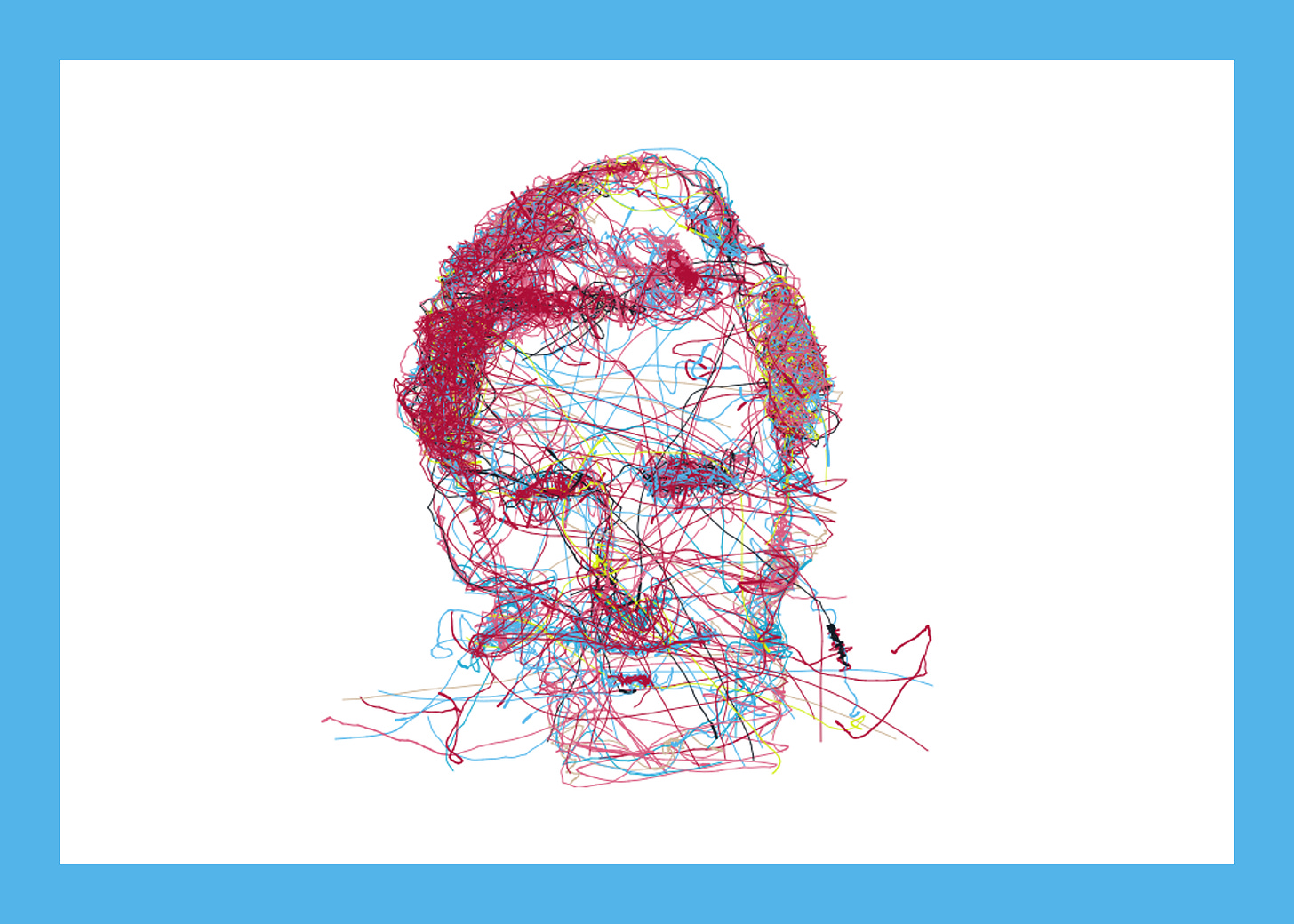


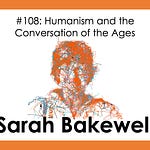
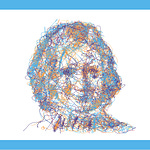
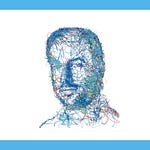

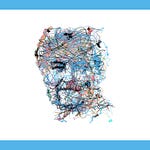
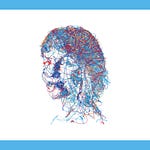
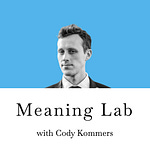
#101: Finding meaning in the maybe (feat. John Kaag)